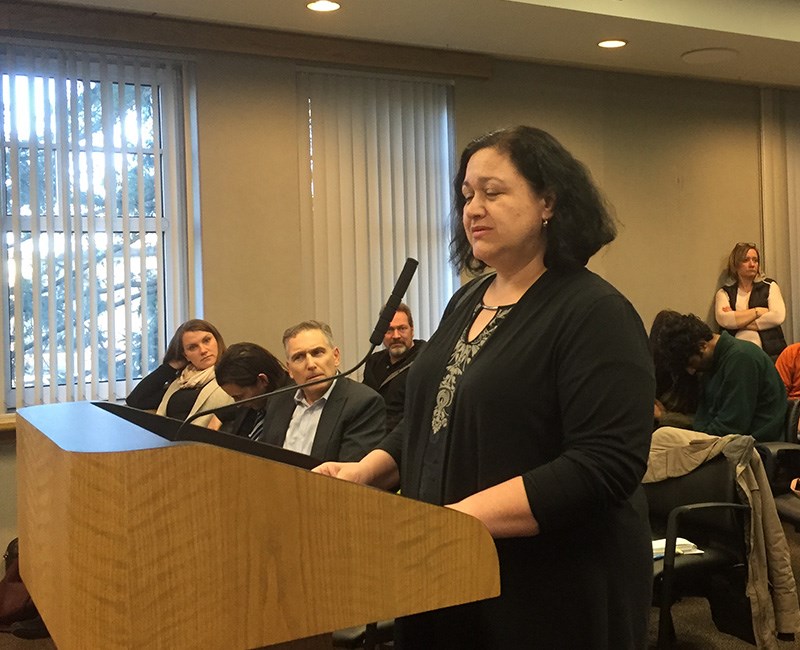As cities across Metro Vancouver, including Port Moody, Coquitlam, and Port Coquitlam, grapple with an affordable housing crisis, they would do well to pay heed to the folks who crowded into PoCo’s city hall chambers Tuesday night.
For the people who flocked to see PoCo council make changes to its business bylaw to prevent renovictions Tuesday night weren’t some special subset of the population seeking a hand out.
They are — for lack of a better term — ordinary folks who are already paying considerable rents and for whom so-called “market rents,” if they were forced to move, would be beyond the pale.
These are the people for whom law makers are trying to fix problems that seemed to have crept up on us as the Lower Mainland has become a “world-class,” global city, awash in speculation capital where rents and housing prices have been “de-coupled” from incomes.
“For the first time, something felt real,” Port Coquitlam councillor Dean Washington said that night as he talked about facing what has become a major social issue for our times.
First reluctant to hinder the plans of apartment building owners, Washington came to realize that action was needed, and thus he and his fellow councillors, led by Mayor Brad West, approved the region’s second anti-renoviction policy, New Westminster being first off the mark.
Washington didn’t say it exactly, but for those of us watching the Lower Mainland’s affordable housing crisis roll like a wave over the region, it was only a matter of time before PoCo would be hit with the renoviction issue faced earlier by other cities.
What the residents were facing, if forced to move for a renovation and relocate back at Bonnie Brae at higher rents, is a doubling of their rent from about $825 a month to $1,700 — judging by the financials of similar renovated apartments in New Westminster.
Somehow things have gotten out of hand to the point where $1,700 rent for a one bedroom suite seems acceptable. Like the lobster in a pot of boiling water, housing costs that would have been extraordinary just a few years ago are shrugged off — never mind that $1,700 a month’s rent is the equivalent of a $300,000 mortgage, and half a month’s salary for a professional making $60,000 a year.
And there is a danger that as land values increase and housing demand rises, the region’s older housing stock will be torn down for new, and few investors will be able to resist the sales pitch used for Bonnie Brae last year: “Opportunity to significantly increase rents on suite turnover.”
So for those that think affordable housing is someone else’s problem, it’s time to get real. For the people who turned out to PoCo city hall concerned about losing their apartments at 1955 Western Drive were typical sorts of people that make up a community.
They were moms and dads, sons and daughters.
On Tuesday we heard from seniors sick from stress of an impending eviction, a retired service man who worried about having to move into a tent city had he been forced to move and a young woman struggling to pay off a student loan and a car loan while renting a bachelor’s suite.
There was also the young heavy equipment operator, recently graduated from university, who was working 70 hours a week to build a life and who was worried about being able to stay in the Lower Mainland. Jesse Bachman also mused about how the “economically-left behind” were starting populist movements in France and the U.S.
Bachman and the tenants at Bonnie Brae are correct, it’s time we put our attention to how we can keep the housing stock we have or build its replacement at affordable rents.
In many ways, these older buildings are more valuable than those new new towers you see going up next to transit in the Tri-Cities and other growing cities in the Lower Mainland.



